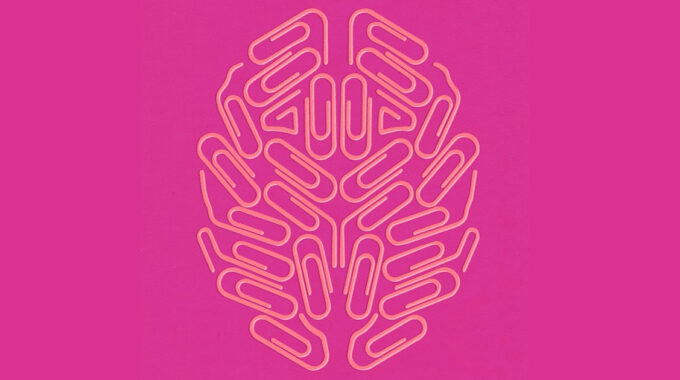
The Limitations of Algorithms in Evaluating Morality
The insurgence of the digital revolution coupled with the accessibility of technology has furthered an increasing reliance on algorithms, more so than ever before. In the midst of the world witnessing a surge in terms of dependence on such tools, Berkey J.Dietvorst and Daniel Bartels recently attempted to understand the limitations of algorithms in evaluating morality through pertinent studies that are explained at length in this article in Chicago Booth Review by Kasandra Brabaw.
To begin with, Dietvorst and Bartels provided individuals with the choice to either opt for an insurance company with algorithm-based decision-making or to switch. As per the results, most people revealed an inclination that pointed toward the limitations of algorithms in evaluating morality. As per the article, it is the emphasis on outcome-driven decision-making that attributes to the limitations of algorithms in evaluating morality. Unlike human beings who evaluate a scenario taking into consideration the interplay of factors, these tools often negate what a specific situation warrants and rely on collective patterns instead, when it comes to decision-making which in turn amounts to the limitations of algorithms in evaluating morality.
Become a global executive with the University of Chicago Booth School of Business. Click to know more about the Chicago Booth Accelerated Development Program (Chicago Booth ADP).


















